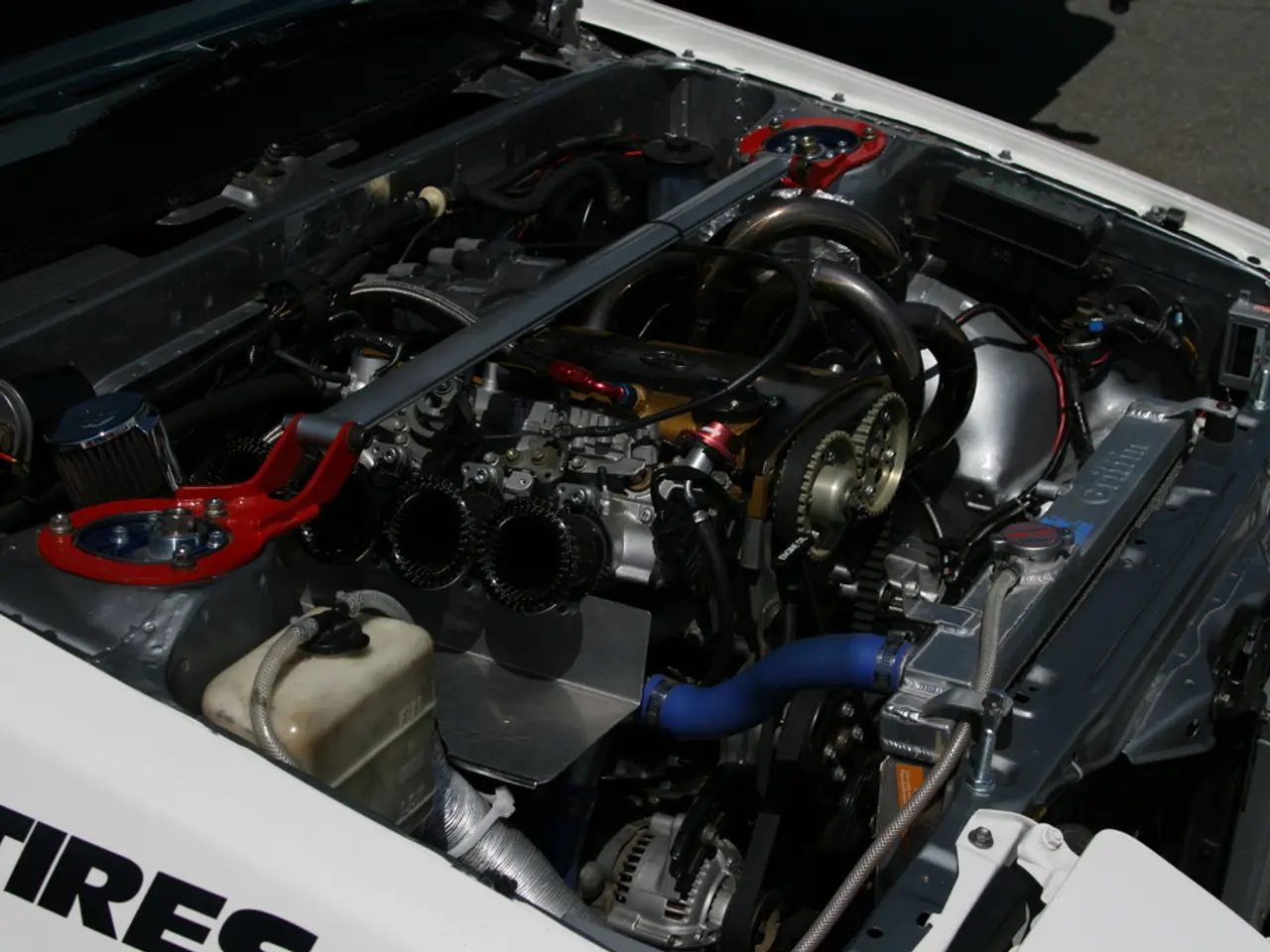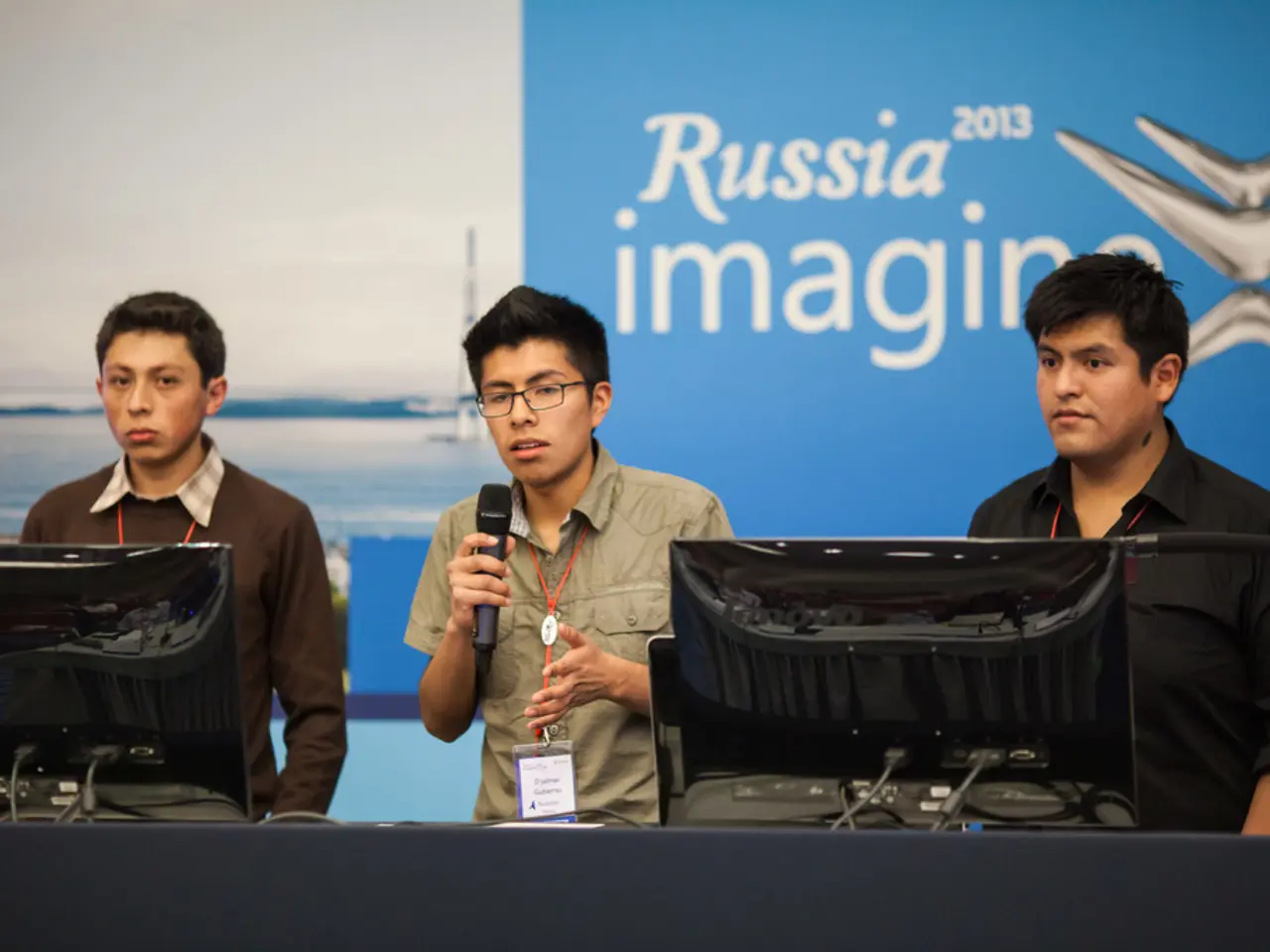ProLogium exceeds shipment of 2.4 million units in its advanced lithium ceramic battery deliveries
**ProLogium Announces Plans for Giga Factory in Dunkirk, France**
ProLogium, a leading innovator in solid-state battery technology, has announced plans for a new Giga factory in Dunkirk, France. This project marks a significant step in ProLogium's global expansion and is part of France's broader efforts to establish itself as a major player in the European battery industry.
The construction timeline for the factory has been set, with permit approvals for Environmental Impact Assessment (EIA) and building permits expected by the end of 2024. The construction of the factory is scheduled to begin in 2026, and mass production at the Dunkirk facility is planned to start by the end of 2028.
The factory will focus on the production of ProLogium's next-generation lithium ceramic batteries, utilizing the company's fourth-generation all-inorganic solid-state electrolyte architecture. This architecture significantly enhances six key performance metrics: safety, energy density, thermal stability, fast-charging capability, energy efficiency, and low-temperature performance.
Vincent Yang, Founder and CEO of ProLogium, expressed optimism about the role of next-generation batteries in driving energy transition and electrification. "Our fourth-generation all-inorganic electrolyte architecture offers higher safety, efficiency, and charging speeds compared to traditional lithium-ion batteries," Yang said.
ProLogium is known for its technological leadership in solid-state battery technology, and it is the first and only company worldwide capable of mass-producing next-generation lithium ceramic batteries using automated production systems. The company's technology has been adopted and validated by leading strategic partners globally.
To date, ProLogium Technology has surpassed 2.4 million units in cumulative shipments of next-generation lithium ceramic batteries. These batteries have been adapted across multiple sectors, including electric mobility, wearables, automotive electronics, and industrial systems. The Taoke Plant in Taoyuan, Taiwan, has contributed over 500,000 units within 18 months of operation.
ProLogium is looking forward to forming strategic alliances with industry, government, academia, and research institutions to accelerate energy transition and contribute to global sustainable development. The company's innovative design overcomes the interface bottleneck typically found between solid electrolytes and active materials, laying the groundwork for the widespread adoption of next-generation batteries.
With this new Giga factory in France, ProLogium aims to reduce dependence on Chinese suppliers and become a major exporter by the end of the decade. The company is committed to developing safe, high-performance, scalable, and sustainable lithium ceramic batteries and is leading the industry into the fourth generation all-inorganic solid-state electrolyte architecture.
- ProLogium's new Giga factory in Dunkirk, France, is set to contribute to France's ambition to become a key player in European finance, business, and the energy sector, particularly the battery industry.
- As the first and only company worldwide capable of mass-producing next-generation lithium ceramic batteries using automated production systems, ProLogium is poised to attract significant investments in data-and-cloud-computing and technology.
- With its focus on the production of fourth-generation all-inorganic solid-state batteries, ProLogium's new factory promises advancements in energy efficiency, fast-charging capability, and low-temperature performance, potentially disrupting the existing finance and business models in the energy industry.




